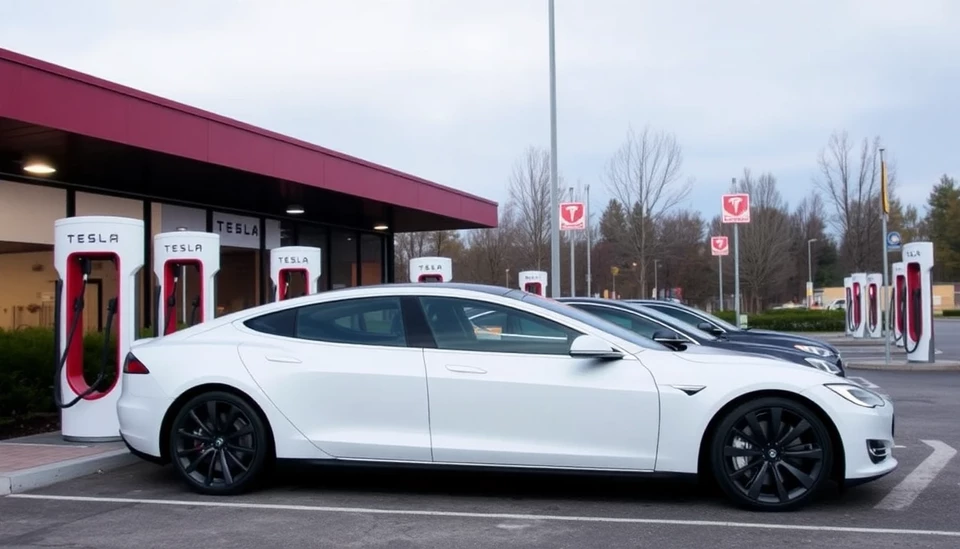
Recent reports indicate significant disarray at Tesla's supercharger stations in Sweden, a predicament attributed by a Tesla manager to actions taken by local unions. The Tesla executive highlighted that the organized labor movements, aimed at improving work conditions and benefits for employees, have created a ripple effect impacting the efficiency of the supercharging network.
The issues at these stations have been compounded by the growing number of electric vehicles on the road, which has surged demand for charging facilities. As the popularity of Tesla vehicles continues to rise, the supercharger stations are struggling to keep pace with customer needs, leading to long waits and frustrated drivers. The Tesla manager argued that this situation has been further exacerbated by workers staging protests and strikes, which in turn hinder the operational capabilities of the charging stations.
Workers at Tesla's Swedish facilities have been vocal about their demands, calling for better pay and improved working conditions. This labor strife reflects a broader movement across various sectors where employees are increasingly standing up for their rights amidst rising inflation and economic pressures. In Sweden, where the labor market is known for being particularly strong regarding workers' rights, these actions have initiated dialogue not only within Tesla but across the broader industry.
In response to the chaos, Tesla is assessing how to navigate this situation while balancing the demands of its workforce and the needs of its customers. The company has not only faced criticism over the slow rollout of charging stations but also the operational setbacks caused by labor disputes. Efforts to diffuse the ongoing tensions between management and workers could be crucial for Tesla to stabilize its operations in the region.
While Tesla has historically prided itself on its innovation and responsiveness, this incident serves as a reminder of the growing importance of labor relations. For companies in the electric vehicle sector, understanding and addressing employee grievances could be as vital as technological advancements in ensuring customer satisfaction and business continuity.
The challenges at these supercharger stations underscore a tumultuous period for Tesla as it seeks to expand its influence in a rapidly evolving market, while simultaneously managing internal strife. The outcome of this labor dispute could set precedents not only for Tesla but potentially for the entire electric vehicle industry as it grapples with similar issues globally.
As the situation evolves, industry watchers are keeping a keen eye on how Tesla will respond both to the immediate operational hurdles and the broader implications of unionized labor actions, especially in a country synonymous with strong labor rights.
In conclusion, Tesla's experience in Sweden is a poignant example of the delicate balance between management prerogatives and employee rights, illuminating the increasing complexity of operating in the modern business landscape.
#Tesla #Union #Sweden #ElectricVehicles #Supercharger #LaborRelations
Author: Samuel Brooks




